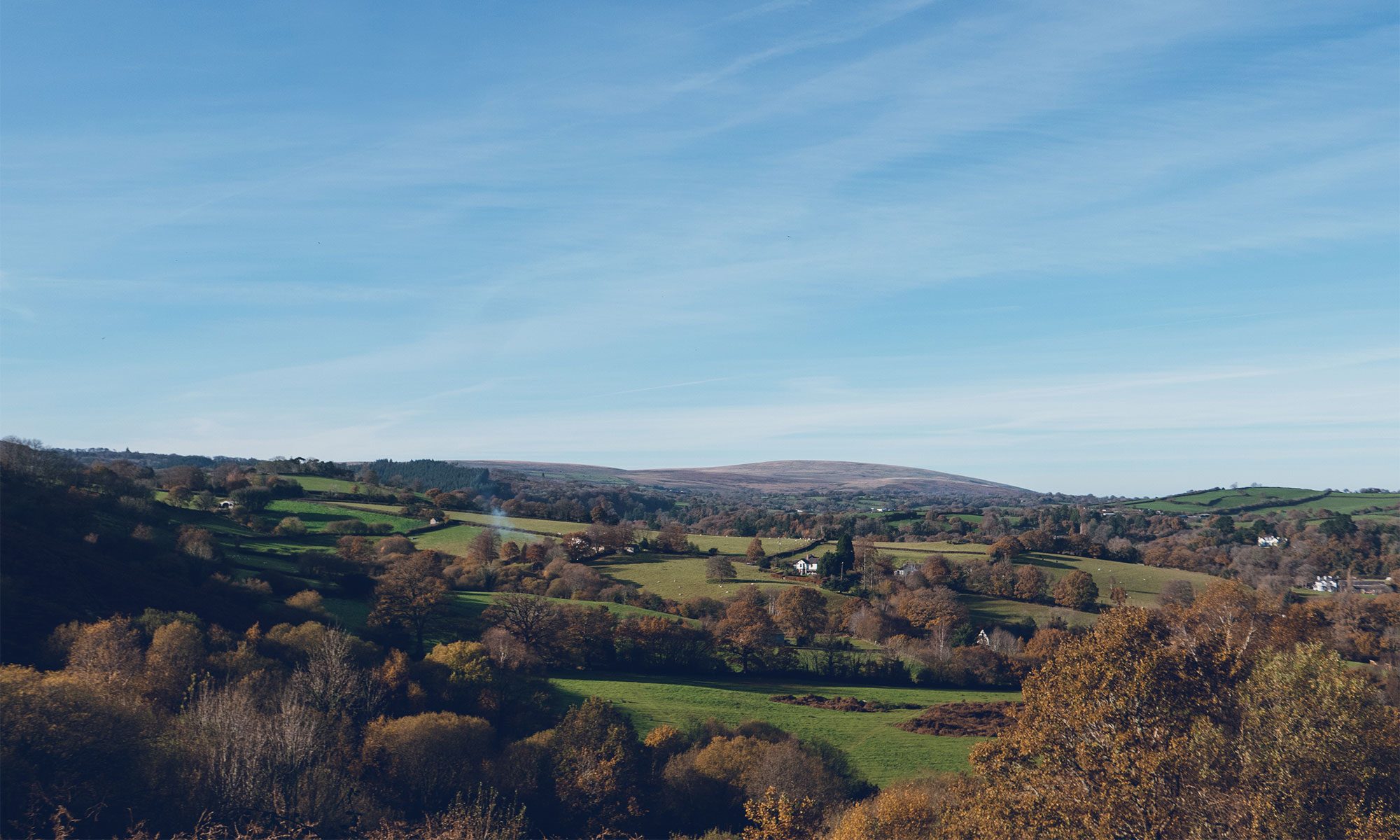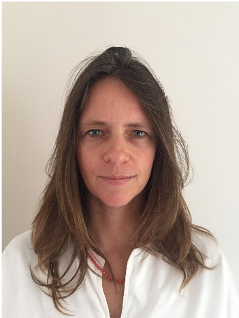Here is another instalment from Wise Goose student coach Helen Tyrrell, as she treads the ‘narrow path between vulnerability and expertise’. This is a paradoxical topic, rarely discussed in coaching and we wish her well on her way to becoming a vulnerable expert.
As well as being a coach, Helen is Processworker and Creative, with a background in Art, Business Operations and Human Resources, you can find out more about her work atwww.consciousorganisations.com I hope you enjoy her post as much as I did, and do leave her your comments.

I had some nice feedback about my previous, opening blog for Wise Goose. Getting to this point has involved rigorous training: a minimum of 60 hours of independent coaching practice, over 125 classroom hours, and closer to 200 private study hours, plus peer and professional supervision, much reflective work and an extensive portfolio to submit. In an unregulated industry this is a far cry from a 2 day online coaching course and launch! This is a serious undertaking.
As I organise the records of my 60 hours of client sessions for my portfolio, I can see my progression, my tendencies and weaknesses over the last year and a half, but also my strengths, talent and commitment to coaching practice. An absolute cornerstone of the Wise Goose training is honest, self-reflection. No sugar-coating. No overblown claims. We need to be like a clean pane of glass, unmuddied, as far as possible, by our own automatic triggers and responses – or at least able to recognise and ‘bracket’ these where possible – so as to respond to the client from our own best place. This requires a high level of self-honesty.
So, I had nice feedback about my blog. And people said it was vulnerable. Is that a good thing? Was it too vulnerable? Too honest? Should a coach not, by definition, be somebody supremely sorted? Where does vulnerability feature in that? After all, I have many years of experience, many qualifications and much training – should I have focussed on all that rather than on the real, raw edge I find myself at? Maybe. But if I did that, my blogs would be a marketing exercise rather than a genuine point of interest. Not a bad thing, but a different thing and to my mind less valuable here.
Vulnerability seems to be fashionable these days. We are encouraged to show it, as leaders, as coaches – and we all know it is easier said than done. Sometimes we get around this by showing it after the event, from the luxury of a safe place. As in… when I have so many clients that I am turning them away, say, then I can be vulnerable and admit that launching was challenging! Hmmm – question: can vulnerability ever be in the past tense? Can you really show vulnerability from a safe space? Vulnerability, by definition, isn’t safe! Maybe I was mad to allow it into my writing given the need for robust certainty at this delicate juncture.
To be sure, coaches – and other professionals – don’t, in my experience, much like to show vulnerability. At the very least we prefer to bill ourselves as the expert, and there are some coaches who like to trade on an air of guru-like wisdom. There seems to be a slightly bogus cult of personality in the wider coaching field that I perceive is generally absent from its sister profession of psychotherapy, which relies instead on training, professionalism and self-awareness – the same skillset that we need to be good coaches. Yet perhaps because coaching works on fewer and less regular hours per client, over shorter timescales, and is more associated with business than medicine, coaches need to attract clients differently. We have to get smart. We find our niche. We choose to appear in our ‘expert’ role. And that’s no bad thing – why should anyone buy a coach’s services without proper kudos and credibility?
Yet here’s the thing: what makes us experts is lived experience, so being open and vulnerable about that needs to be part of what we do. And here’s the other thing: in our industry it is the client who is the real expert: they are the expert in their own lives! What the coach brings is training: listening skills, self-awareness, ability to question, knowledge of a few useful, effective techniques to prompt insight and change and, above all, interest – in life and in the client. We know the client has all the tools and expertise to rise to their challenges creatively, and it is that expertise we are interested in getting at.
So as I launch, I find I am treading this narrow path between vulnerability and expertise, mostly zigzagging from one side to the other unable to stick to the sweet spot I’d like, but then, that’s life!
So, is it really OK to be vulnerable as a coach? I still don’t know, but I’ll keep you posted! For now, I have a portfolio to complete…..


